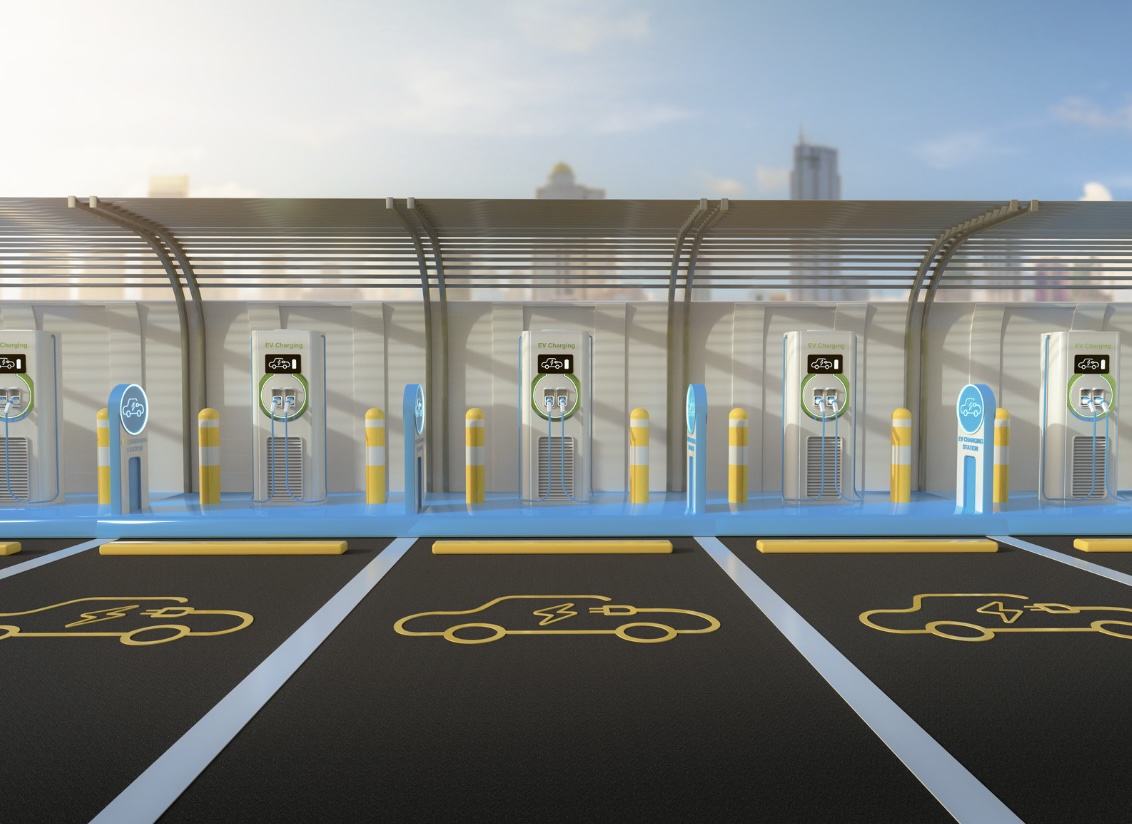
The world is quickly accelerating towards a future where electric vehicles (EVs) are a preferred mode of transportation. The backbone of this EV revolution is the charging infrastructure, as EV adoption will never become widespread without robust, reliable charging stations. To support EV charging stations, developers must create software that makes them efficient, easy to use, and dependable.
“EV technology is constantly evolving,” says Elaina Farnsworth, Co-founder and CEO of SkillFusion. “There are approximately 3 million EVs registered in the US alone, and that number is growing every day.”
According to Farnsworth, this upward trajectory makes fortifying the charging infrastructure even more crucial.
The importance of charging station software to EV adoption
Since the initial commercial use of EVs, the role of the charging station has been critical to the success of the EV revolution in reaching sustainability and zero-emission goals. As software innovations continue to advance, they, too, have the ability to transform the EV industry.
“EV charging station software must be user-friendly and able to effortlessly integrate into the ongoing development of smart cities,” Farnsworth says. While Tesla may boast the largest global network of chargers currently, competition is heating up as other car manufacturers develop and release their own EVs. Any new software must be able to work with all EVs as people are given more choices in the make and model of vehicles.
A few forward-thinking companies have developed both software and hardware for EV charging stations, streamlining the adaptation process as the needs of drivers and smart cities change. Turnkey EV charging solutions, like those developed by Shell, are likely pointing us toward a future of more widespread all-in-one networks that any EV driver can use.
“The overarching goal is convenient access to charging facilities for everyone, whether individual EV drivers or large fleets,” Farnsworth explains.
EV software and renewable energy
According to Farnsworth, “As developers release newer software programs, integrating them with renewable energy sources is one of the top priorities.” Sustainable technology must work together to reach ever loftier climate goals.
For instance, many EV charging stations are tied to the available electrical grid, and excess renewable energy — such as wind and solar — is fed directly into the grid, making it available for EV charging. The latest EV software has smart grid integration capabilities, allowing drivers to get the most from various renewable energy sources.
Today’s latest EV software programs also utilize smart algorithms that allow EV drivers to access optimized charging schedules based on renewable energy source availability. “With an in-depth analysis of energy source data, today’s innovative charging stations can help EV drivers take full advantage of everything renewable energy has to offer,” says Farnsworth.
A future of smart cities
The development of smart cities will require a strong EV charging infrastructure that considers grid optimization, renewable energy management, and in-depth data analysis to optimize timing and energy use. There is a strong interest in ensuring smart cities can thrive, and EV charging software has a significant role in this push.
“EV charging software can also assist with transportation management, which is another consideration for smart cities hoping to reduce reliance on gas-powered vehicles,” Farnsworth notes. “By integrating existing traffic management systems with new EV charging software developments, data sets can be created that show more accurate and reliable charger availability.”
In the near future, EV drivers will be able to plan EV-charging-friendly routes, quelling any charging anxiety that may have been keeping people from driving EVs. Data can also be shared from city to city, making city-wide and area-wide systems such as parking, mass transit, and the larger renewable energy network operable between city systems.
However, for the EV revolution to truly change the world, EV charging software must keep pace with technological evolutions. Software developers continue to thrust the EV revolution into the future with mobile app integration, real-time status updates for drivers, and more flexible payment options for charging.
“The widespread adoption of EVs is not solely dependent on the cars themselves, as there are many cogs in the wheel of sustainable progress,” Farnsworth explains. “The support of the EV charging infrastructure plays just as important a role in EV adoption as stylish design options, perhaps more so as we learn about the significance of reliable charging availability in EV adoption statistics.”
Software development further drives the competitive landscape in EVs, and this competition fosters continuous improvement and innovation from tech startups and energy giants alike. Year-to-year, the industry releases sophisticated and accessible solutions for EV charging, feeding a smoother, more sustainable move to electric transportation.
The importance of EV charging software cannot be overstated as we move toward a future where EVs have more dominance over our roadways. This software will help ultimately drive higher adoption rates by providing drivers with efficient and reliable charging experiences. Embracing this reality and investing in EV charging software innovations is crucial for achieving our ultimate global goal of a greener, more sustainable future.
from Technology Articles - Market Business News https://ift.tt/Zn2k0pM
via IFTTT



0 Comments